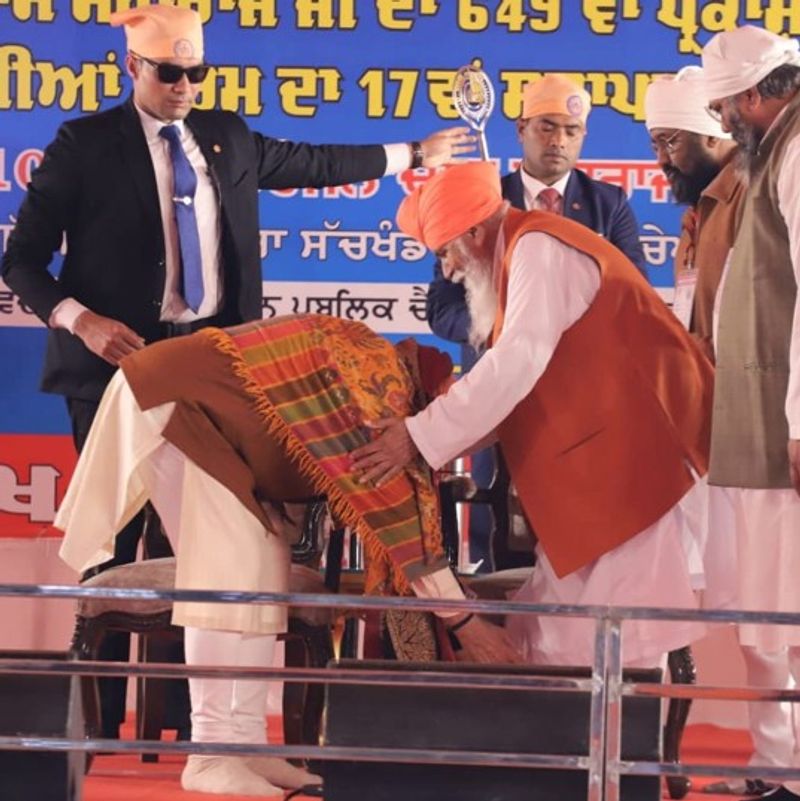Listen To This Post
Thenewsdose.com
Chandigarh, Aug 2, 2025, UPDATED:6.15AM
The Punjab government has decided to implement its land pooling policy in a phased manner, limiting it initially to major urban centres such as Ludhiana, Patiala and Mohali, while putting on hold plans for land acquisition in smaller towns. Officials said the approach is aimed at avoiding resistance from farmers and local communities by first demonstrating the policy’s benefits in areas where it has already proven successful.
- Mohali: Around 1,000 acres already acquired under land pooling.
- Ludhiana: 300 acres pooled, with scope for industrial and residential expansion.
- Patiala: 80 acres offered and another 50 acres in process.
A senior government functionary said, “We want to showcase this as a win-win opportunity for farmers—where they retain a stake in the land’s future value—before extending it to other towns.”
Opposition & Clarification
The land pooling plan has faced protests, with opposition parties accusing the AAP government of forcibly altering rural land-use patterns. Officials, however, argue that the master plans for these areas were prepared between 2008 and 2016, much before the AAP came to power.“We are only implementing previously notified master plans, responding to the present and future urbanisation needs,” an official said.
The government framed the decision under the “doctrine of continuity”, emphasising that Punjab must transition from a largely agrarian base to an industrial and services-driven economy.
Economic Imperative: Building Land Banks
A lack of readily available land has constrained the state’s ability to attract large-scale industrial investments. A senior official cited the example of Dubai-based Aqua Bridge, which moved to Uttar Pradesh because of land unavailability in Punjab.“We need land banks to offer plots at competitive prices to investors who can generate employment and boost Punjab’s economy,” the official said.
Planned Expansion Across 24 Locations
Earlier, the Punjab government had proposed acquiring 65,533 acres of land across 24 locations, including 46,861 acres in Ludhiana alone. These locations included Major cities such as Amritsar, Bathinda, Jalandhar, Mohali, and Patiala.Tier-2 and Tier-3 towns: Tarn Taran, Pathankot, Gurdaspur, Mansa, Nakodar, Kapurthala, Phagwara, Sultanpur Lodhi, Nawanshahr, Hoshiarpur, Jagraon, Samrala, Ferozepur, Moga, Sangrur, Fatehgarh Sahib, Rajpura and Ropar. For now, however, these smaller towns will not see immediate land pooling activity.
Implications
1. Farmer Sensitivities and Political Messaging
By staggering implementation, the AAP government aims to counter allegations of land “grab” and ensure farmer buy-in. Land pooling—unlike outright acquisition—offers farmers developed plots in exchange for their agricultural land, but rural resistance often stems from fear of urban speculation and loss of livelihood.
2. Industrial & Urban Growth
An overdependence on agriculture has constrained Punjab’s growth trajectory. The creation of land banks is intended to attract manufacturing, logistics hubs and IT parks, aligning with AAP’s push to generate jobs and diversify the state economy.
3. Policy Continuity
AAP’s framing of the initiative as a continuation of previous master plans is a direct political counter to criticism. It also underscores how long-term urban planning in Punjab has historically been hampered by policy discontinuity and political opposition.
4. Investor Confidence
Having readily available industrial land is a key requirement for big-ticket investments, which increasingly bypass Punjab for states like Uttar Pradesh, Gujarat and Maharashtra. Staging this rollout could reassure investors of Punjab’s readiness, provided land valuation and infrastructure support remain competitive.
Bottom Line:
By starting with areas where land pooling has a proven record, Punjab hopes to demonstrate success, neutralise resistance, and build investor confidence. If executed smoothly, this phased approach could accelerate Punjab’s transition to an industrial and service-led economy, but any political backlash or farmer pushback could delay wider adoption.















